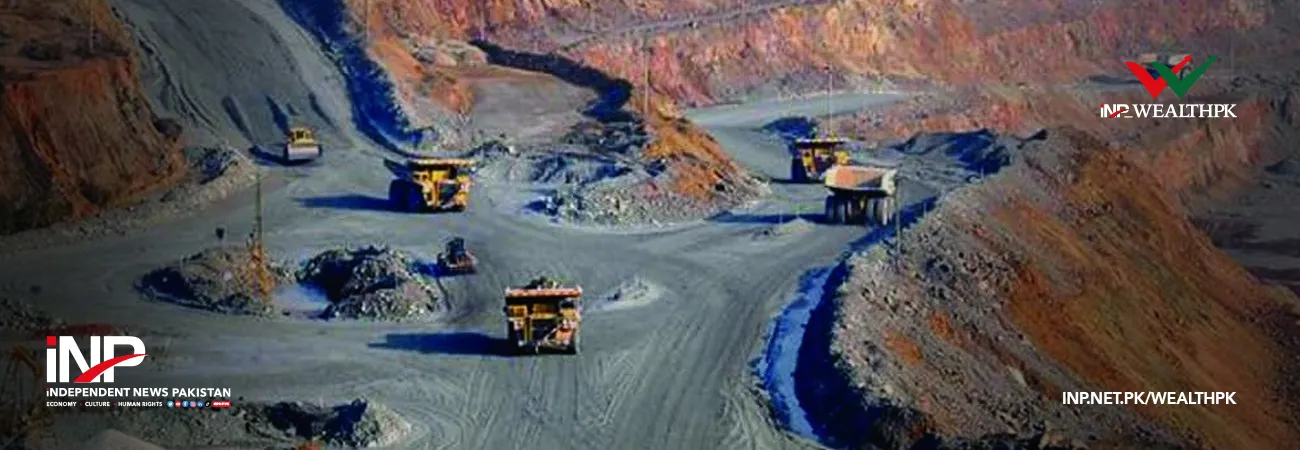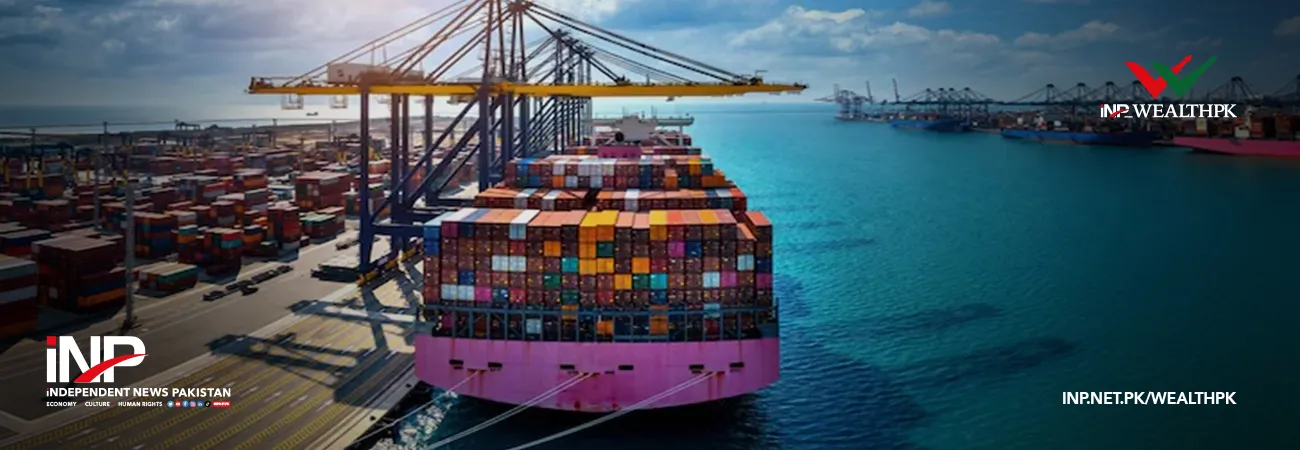INP-WealthPk
Ahmed Khan Malik
The enormous chromite potential in Balochistan can help Pakistan increase exports and meet industry needs if proper processing infrastructure is put in place. There are many small deposits and occurrences of chromite in various parts of Pakistan, but commercial production has been almost restricted to Balochistan. Pakistan has belts of the highest grade of chromite ore deposits in Balochistan, where the chromite ore deposits are estimated at around 500 million tonnes with an annual production of 20,000 tonnes. In Balochistan, chromite is produced in Muslim Bagh, Khanozai (Pishin district), Nasai (Kila Saifullah), Gawal, Wadh (Lasbela), Sonaro (Khuzdar) and Zhob. Pakistan’s chromite grade ranges between 28% and 56%, and it produces both metallurgical and refractory grades. “Despite vast deposits and output, raw ore is currently transported to Karachi and refined at beneficiation plants in Yousuf Goth and Moach Goth due to a lack of modern processing and value-adding activities in Balochistan,” said Yasir Nawaz, Trade Director at Trade Development Authority of Pakistan.
He said that chromite was used directly in industrial foundries and refractory sands or converted into sodium dichromate for further refinement into other chemicals and chromium metal, but the main consumption was in ferrochrome furnaces to produce an alloy used by the steel industry. “Over 95% of chromium is consumed for metallurgical applications with stainless steel.” He said that metallurgical industry used chromite ore (also known as chrome ore) to produce chromium ferroalloys and metals. “It is also used in the chemical industry to make sodium dichromate, which is both a chemical industry product and an intermediate product used to make other chromium chemicals. Chrome ore is mainly used to smelt special alloys with elements such as cobalt, nickel and tungsten. These special steels and special alloys are crucial materials for the aerospace, automotive, shipbuilding and defense industries,” Nawaz explained. “Owing to production problems and a lack of investment, infrastructure and energy, it is not feasible to install a ferrochrome plant now.
But, addressing the said issues will definitely make it feasible as it is the main source of stainless-steel production that will generate billions of dollars for Pakistan in terms of export receipts,” said Khalid Mustafa, Director of Mines and Mineral Department, Balochistan. He noted that Pakistan could also look towards new markets such as Japan, Indonesia and Spain, which offer higher prices. “Pakistan, which has significant stocks of chromite, has an opportunity to focus on extracting this mineral, which has a high value and the potential to grow both locally and globally.” He suggested that a distinct mining zone be formed in order to concentrate the entire value chain in one location, making the product more competitive in the international market. “Giving a tax-free zone status to the chrome processing zone will attract investors to participate in capital-intensive projects such as a ferrochrome plant.” “Miners and producers need to be educated on the product and its value addition, as well as to resolve energy issues so that mining and processing can continue uninterrupted,” Mustafa stressed.
INP: Credit: INP-WealthPk













